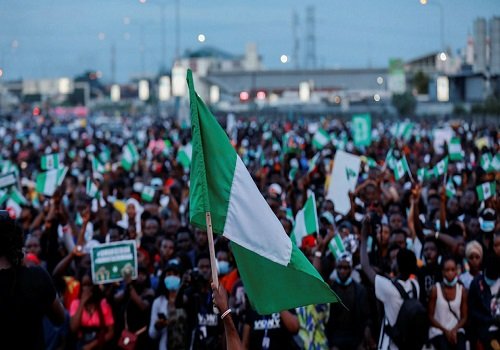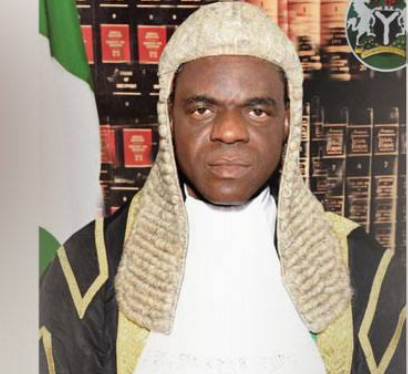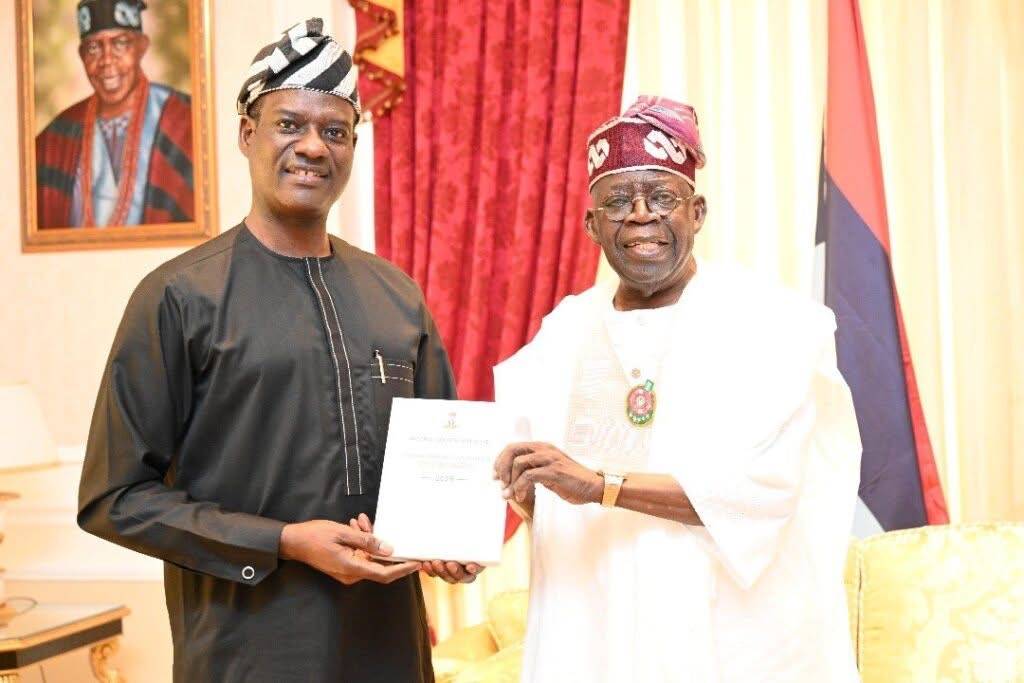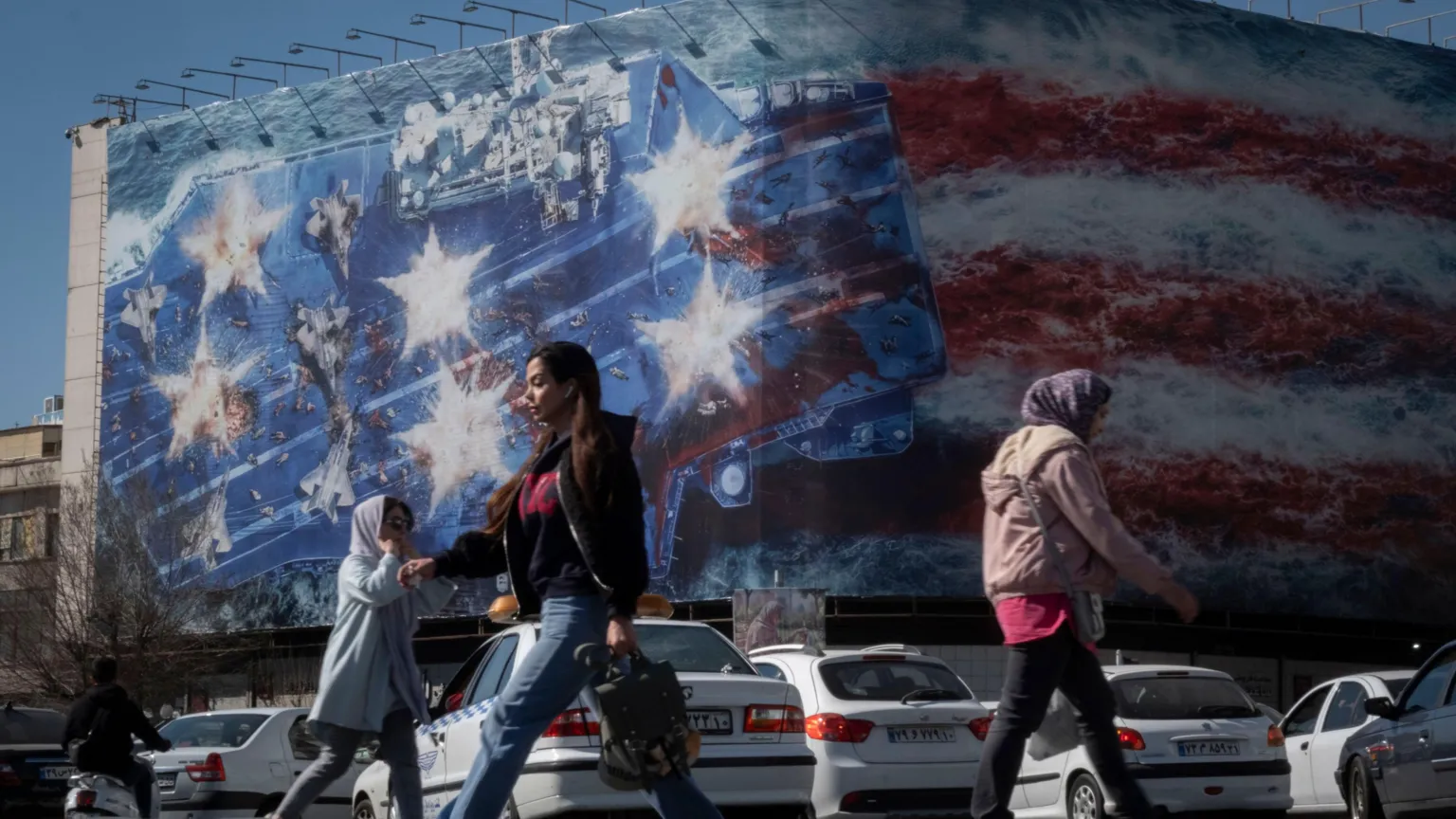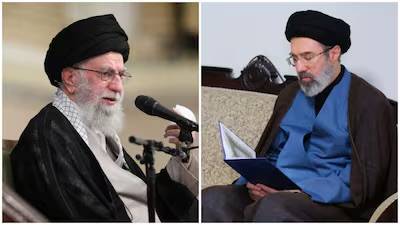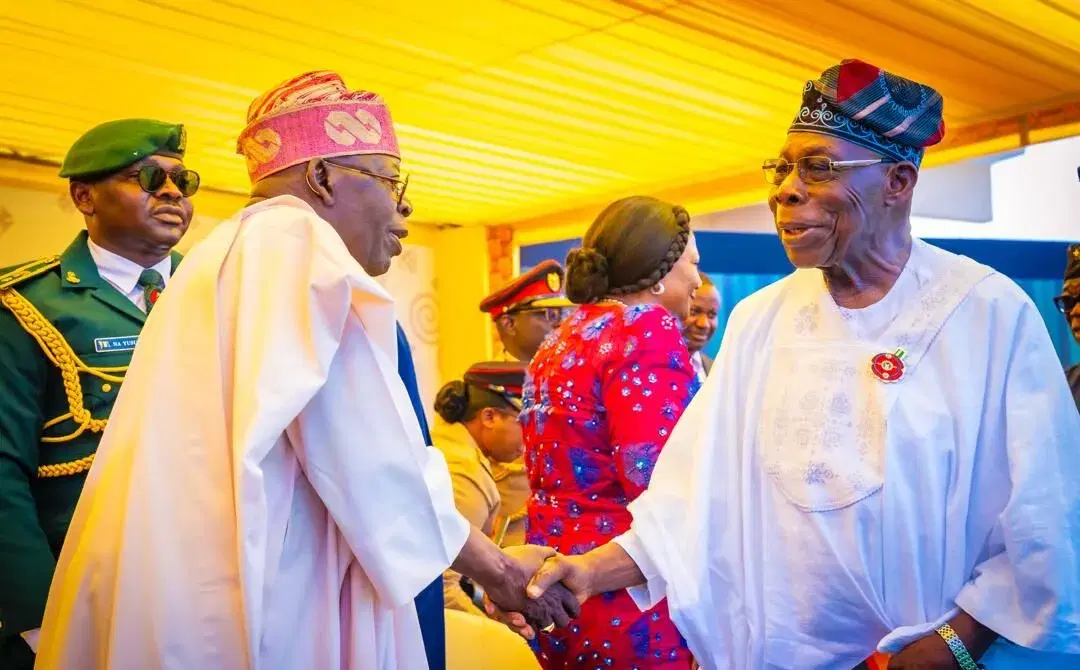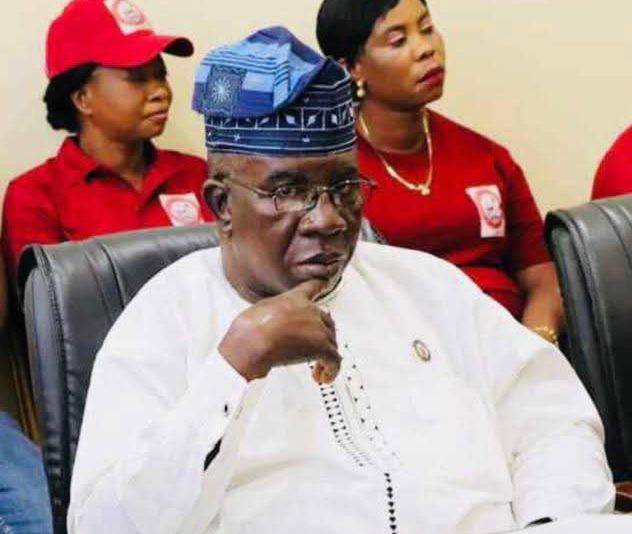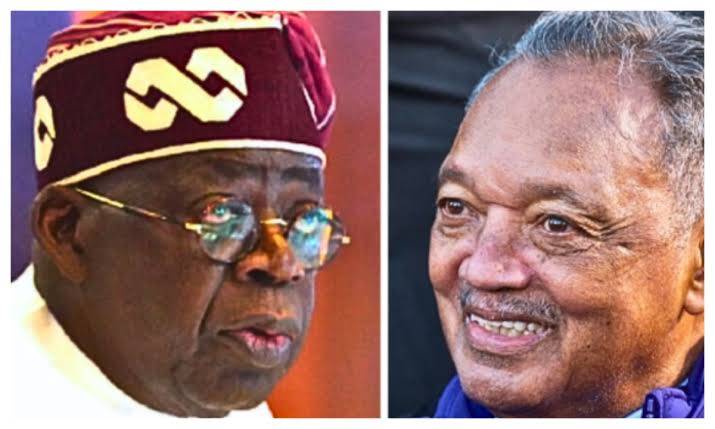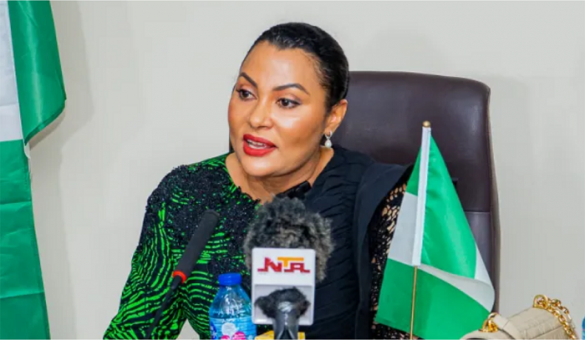By Palladium
Senegal has a population of a little over 18 million people, and Singapore about six million. These very modest population figures have not deterred some Nigerians from deprecating their country of about 220 million people in light of those two countries. Senegal never came under military rule since becoming independent in August 1960 after dissolving its union with Mali (French Sudan), but it has had little to show for decades of independence other than a fairly stable democracy severely tested in the past two decades. Singapore, which is at once a city, capital and state, has been a phenomenal economic, social and political success. But it remains geographically small and demographically compact. If it must be compared with Nigeria, such comparisons must be guarded. For decades, many Nigerian social and political commentators have belittled Nigeria in terms of the Singaporean experience. Now they are also deploring Nigeria‘s democracy in terms of some perhaps transient Senegalese success.
Senegal’s stable but sometimes troubled democracy must be lauded. But two things about Senegal should restrain Nigeria’s exuberant commentators who specialise in comparing generally unlike terms. Firstly, despite having a modest population, more than double that of Israel, Senegal’s economy has underperformed compared to Nigeria’s. According to 2023 estimates, Senegal has a nominal GDP of a little over $31bn and per capita of $1,714, compared with Nigeria’s nominal GDP of $390bn and per capita of $1,755. Secondly, despite Nigerian democracy being repeatedly truncated by inept military rulers, the country has stabilised in the past 25 years, and looks set to consolidate democratic rule. Senegal may have a unicameral legislature and run a parliamentary system, which some revisionists believe is superior to the presidential system, nothing suggests that recent political developments and appointments would give Senegal the upper hand, let alone confer greater stability upon it.
Though Nigeria needed a coalition of political parties to win the 2015 presidential election, and losers in the 2023 presidential election are contemplating the same formula, Senegal with its presumed superiority in political development, has also thrice needed coalitions both to win elections and reelections as well as govern. Exuberant Nigerian analysts whoop over the new Senegalese president’s youthful age – Bassirou Diamaye Faye is 44 years old – but he was fairly unknown and untested, compared to his mentor whom he has appointed as prime minister, Ousmane Sonko, 49. Mr Sonko placed third in the 2019 presidential election and is well known. Mentoring each other and forming a coalition to win an election are a different kettle of fish from governing harmoniously. With Mr Sonko more tested and more charismatic, there are no guarantees that the relationship between the two would be stable and progressive in the face of dire and continuing economic hardship, especially with Mr Faye gently walking back his fiery speech and position on Senegal’s financial links with France.
Initial appearance may be deceptive, and Mr Faye may eventually become a revelation, but for now no one can determine conclusively that both the president and his prime minister would go the long haul if the economy proves unamenable to every known panacea and the president needs a scapegoat. Mr Sonko put Mr Faye forward for the presidential election and backed him with all the powers of the coalition, but the months and years ahead will show how wise that arrangement has been and whether the cooperation between the two would not turn out to be contrapuntal. Singapore and Nigeria do not suffer the inhibitions of two heavyweights sharing office, and their political systems, parliamentary and presidential respectively, are not circumscribed by any expedient agreements or even coalitions. Indeed, Singapore’s ruling People’s Action Party (PAP) governs with lesser parliamentary majority than it did decades ago (about 61 percent winning tally in the 2020 election to nearly 90 percent in 1968), while Nigeria’s winning tally managed to cross the 50 percent level in the last presidential poll; but the former’s economy and to some extent its politics and military, unlike the latter’s, are inextricably and dangerously intertwined with the West.
There is so much to be said for Nigeria, despite its chequered history. It may not have risen to the greatness and independence of say China, but it has the potential to rise phenomenally under certain conditions far much quicker and steadier and more durable than both Senegal and Singapore. At least, with high absorptive capacity and transformative review of trade policies and regulations, Nigeria retains the capacity to expand far more broadly than Singapore. Even discounting the monarchical undertones of Lee Hsieng Loong’s emergence as Singapore’s prime minister in 2004 at the age of 52 (he is the son of founding prime minister Lee Kuan Yew), he was like Mr Faye at 44 and Mr Sonko at 49, a young leader when he took office. Mr Loong is now 72 years old, and continues to preside fairly efficiently over the affairs of Singapore. For Nigeria’s fawning commentators to arbitrarily deploy age as a factor of governance or of winning elections is both dishonest and irrational.
Analysts who continue to deprecate Nigeria are invariably endorsing sentiments, poor understanding of political science, and wild generalisations of international relations. Nigeria may be assailed by many demons, but it is unhelpful to view its prospects in terms of the neatly compartmentalised understanding of other countries, many of them far smaller geographically and demographically. Two major problems dog Nigeria, thus limiting and even stultifying its development and stability. One is its inability to devise the right political structure that should help undergird its stability and growth; and two is the related influence of a ponderous and toxic mix of ethnicity and religion. These limiting factors are not unassailable. Singapore’s storied secularism demonstrates why those negative factors can be defeated, and Senegal’s generally disciplined approach to ethnicity demonstrates why Nigeria, if it tries harder, can overcome its limitations.
Culled from The Nation


